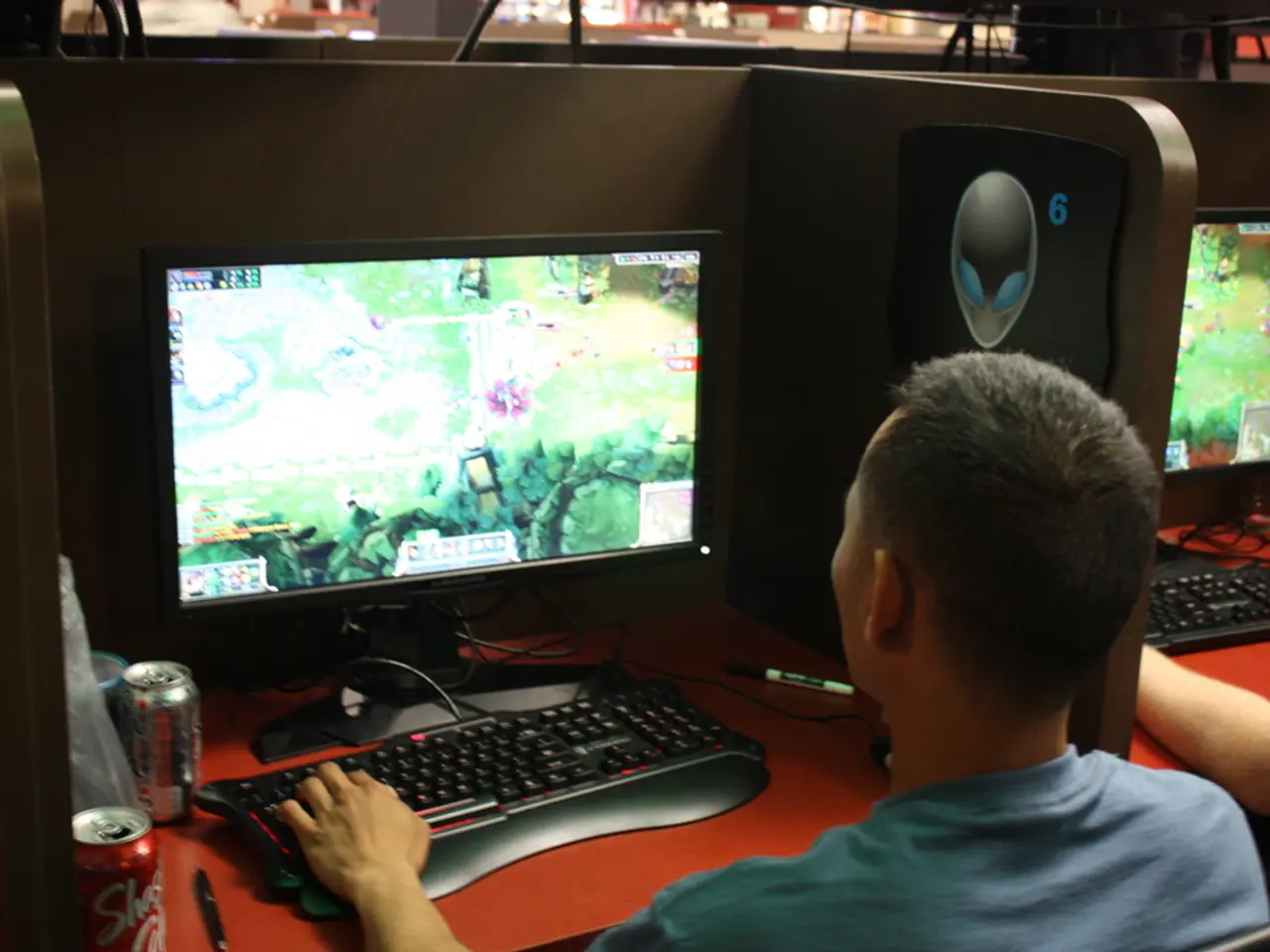AI Training as a Countermeasure for the Adverse effects of Mental Burden Transfer from AI Utilization?
In the modern business landscape, a growing trend is the emergence of formal digital-detox zones in offices, as organisations strive to maintain mental faculties while leveraging AI. This approach, aimed at preventing cognitive offloading, involves implementing targeted training methods and workflow designs that blend AI utilisation with deliberate cognitive exercises and critical thinking training.
One such method is encouraging employees to engage regularly in activities that challenge their cognitive skills independently. This deliberate mental activation strengthens neural pathways and counters dependency on AI for routine thinking tasks. Examples of such activities include journaling, puzzle-solving, debating complex topics, or critical thinking exercises without AI assistance.
Another strategy is training employees on the concept of "distributed cognition," where AI tools complement but do not replace human reasoning. Emphasis is placed on AI offloading repetitive or mundane tasks to free capacity for creativity, critical thinking, and innovation, rather than replacing analytical or synthesis work.
Critical thinking and reasoning training programs are also crucial to ensure the workforce actively engages with information rather than accepting AI outputs uncritically. Such programs help mitigate cognitive atrophy linked to over-reliance on AI and preserve intellectual resilience.
Hybrid workflows that intersperse AI-assisted tasks with manual or cognitive tasks requiring human judgment are also being adopted. This keeps brains actively engaged in core decision-making and reasoning rather than passively consuming AI suggestions.
Time dedicated for cognitive fitness activities, such as memory exercises, logic puzzles, or complex problem-solving sessions without AI, is also encouraged. This principle mirrors physical fitness, where cognitive capacity requires consistent exercise to avoid decline.
Education on AI’s role and limits is another essential aspect. Providing sessions clarifying AI’s optimal function as an augmentation tool rather than a replacement of mental effort can build awareness around the risks of cognitive offloading and motivate mindful use of AI tools.
Monitoring and feedback are also crucial components of this approach. Assessments that monitor changes in critical thinking and problem-solving performance over time, identifying if over-reliance on AI is undermining mental skills, can provide valuable insights for feedback and encouragement of stronger cognitive engagement practices.
Recent studies have shown that brain-only writers exhibit the richest connectivity across executive-control regions, while users of AI models like ChatGPT show the weakest engagement. The effect is strongest among young adults, and is mediated by cognitive-offloading behaviours such as asking chatbots to summarise readings instead of engaging with the originals.
However, it's not just the workplace that's impacted by this shift. Higher education moderates the impact of cognitive off-loading, but even in this realm, AI dependency is a growing concern. Many universities have revived pen-and-paper blue-book exams after surveys suggested 89% of students use ChatGPT for coursework.
As AI continues to permeate various aspects of business, from marketing strategy to translation, it's crucial for organisations to pair AI with thoughtful guardrails, metacognitive nudges, and a deliberate culture of onloading. This approach can lead to faster workflows and sharper minds while ensuring that AI enhances rather than erodes mental faculties in business environments.
Organisations unwilling or unable to demonstrate documented human review may soon face fines and reputational damage. In July, the British Standards Institution announced the world's first international audit standard for AI assurance providers after a wave of hallucinated case law tainted legal filings.
In essence, the goal is to cultivate cognitive resilience by blending AI utilisation with deliberate cognitive exercises, critical thinking training, and mindful workflow design. This approach aligns with current research emphasising that while AI can automate routine work and reduce burnout, unchecked cognitive offloading threatens deep intellectual capacities unless actively countered by such training methods.
In this context, incorporating activities that foster mental health and wellness, such as puzzle-solving or critical thinking exercises, can be beneficial for countering dependency on AI and strengthening neural pathways. ( science )
Furthermore, education on the concept of distributed cognition, which emphasizes the complementary role of AI in enhancing human reasoning rather than replacing it, is crucial for preserving mental health and deep intellectual capacities. ( mental-health, health-and-wellness )




